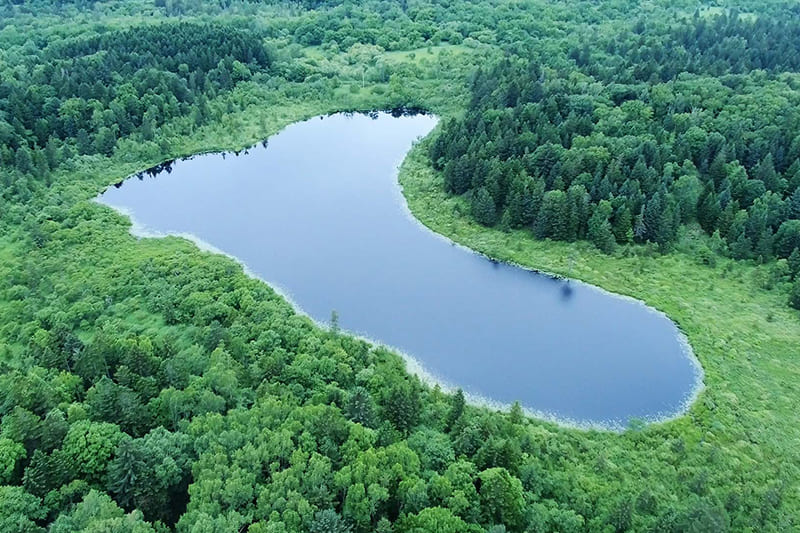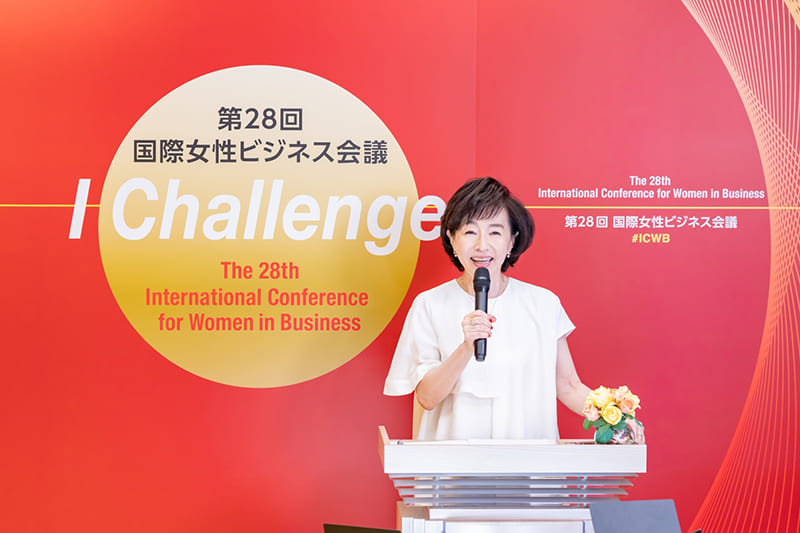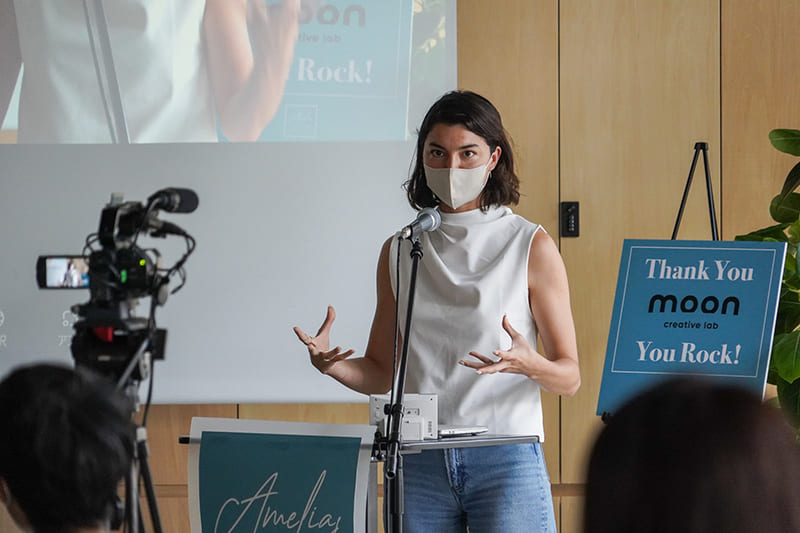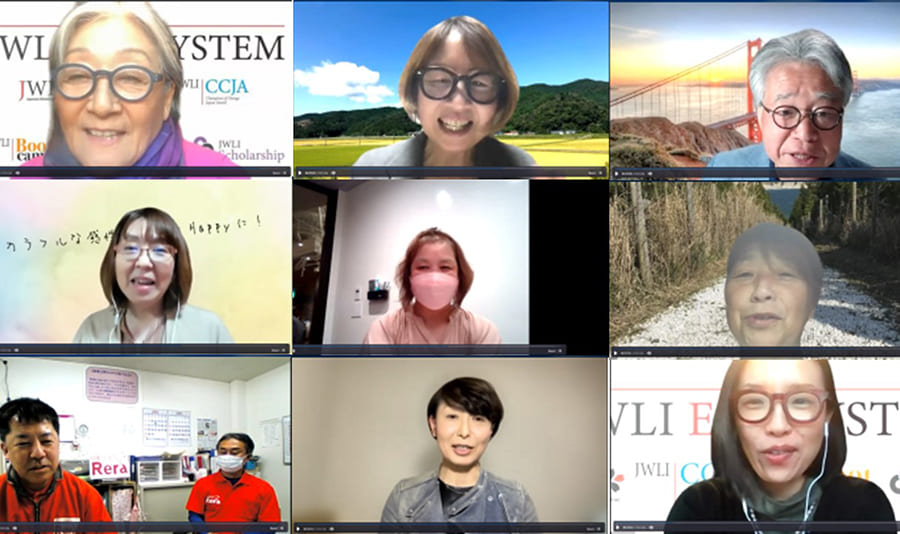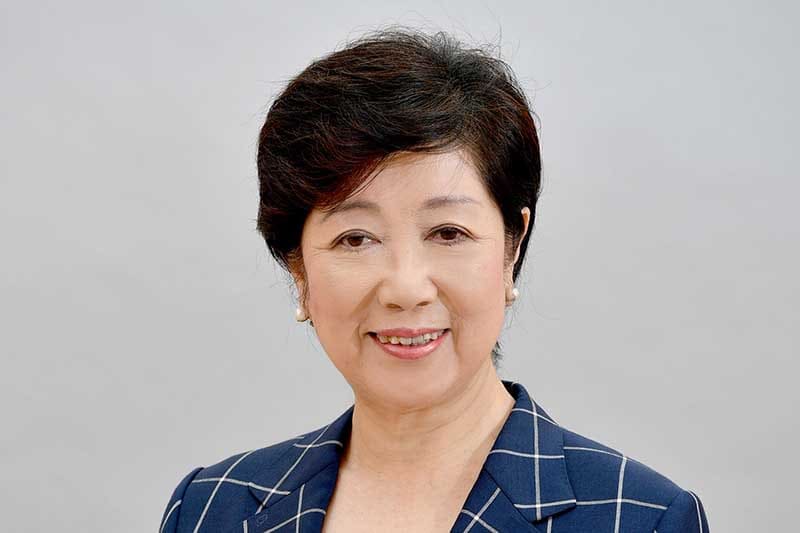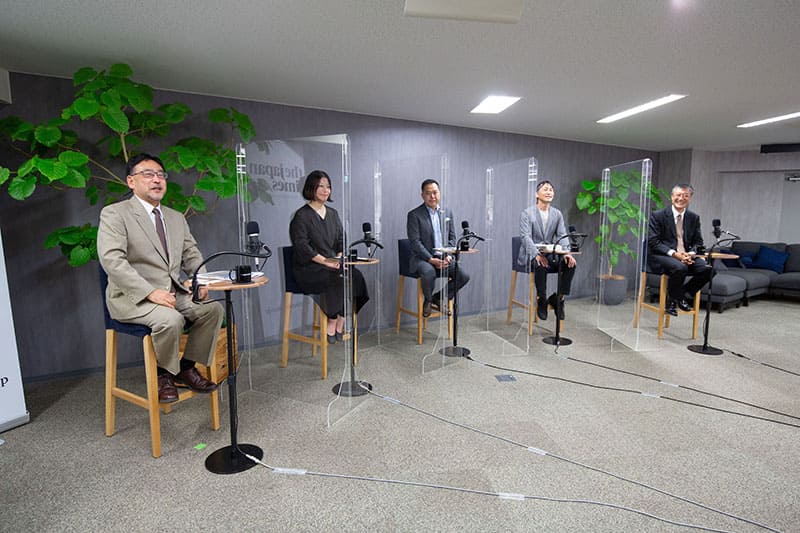December 01, 2023
How Nomura Research Institute cultivates local entrepreneurship
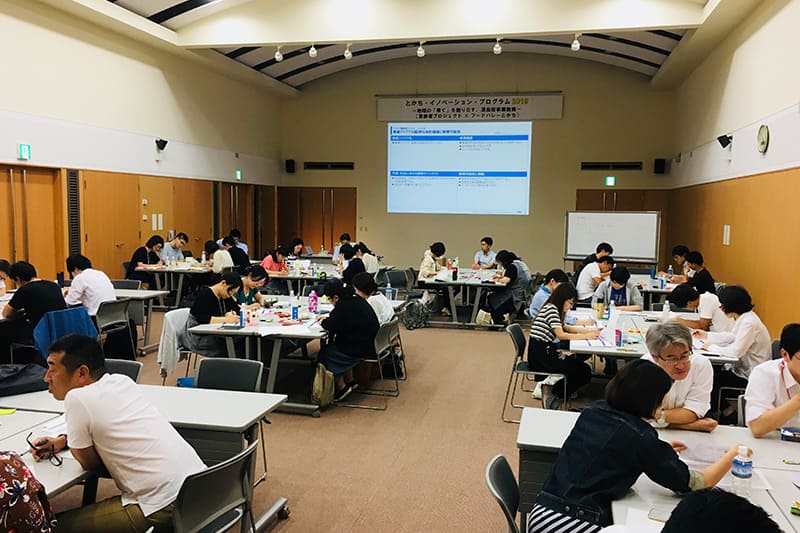
Creating a startup ecosystem is easier said than done, especially in rural areas.
In big cities like Tokyo, Osaka and Fukuoka, there are already a number of programs and business contests for supporting entrepreneurs. “But in local cities, I wanted to launch something different,” said Yoshiaki Saito, general manager at the Nomura Research Institute’s Center for Strategic Management & Innovation.
The entrepreneurial environment in local areas is totally different from that in metropolises, where startups cluster together. The support system in local cities is like a “doughnut,” Saito said, with regional banks, foundations and other institutions surrounding only a few businesses they can invest in — so someone needs to help companies get started and grow.
“I thought we just can’t wait until entrepreneurs start to appear. We have to take a step further and create a program by ourselves in which we struggle together with those who want to start something innovative in smaller cities,” he said.
Saito kicked off an innovation program in 2014, starting with Hokkaido’s Tokachi area. Since then, the number of areas has increased to five, adding the prefectures of Okinawa, Niigata and Yamagata and the southwestern Sun-in region. The program has incubated a total of 750 entrepreneurs, more than 160 new business ideas and 25 startups.
NRI’s evangelistic innovation program was triggered by Saito’s experience of meeting 100 revolutionaries across the country. Before the project started, he got support from a U.S. foundation and met 100 entrepreneurs and experts in the United States, witnessing the front lines of innovation. This experience led to the domestic version of such meetings, where he could acknowledge the uniqueness of entrepreneurs’ business models and their lives. “I deeply felt I wanted to increase people like them all over the country,” he said. “In rural areas, populations are declining and people are exhausted. If that kind of human resource increases in those areas, they can revive the regions.”
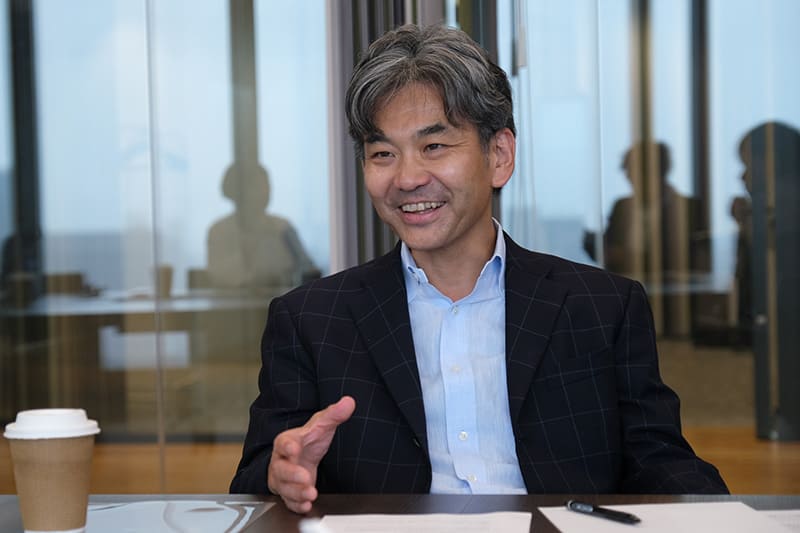
Running such a program is not easy. Local supporters — municipal governments, regional banks and other organizations — need commitment and budgets big enough to back the programs. About 40 to 50 people participate in 15 sessions over four to five months, eventually forming seven to 10 groups to lay out business plans and demonstrate them at the end.
The most important thing, Saito insisted, is that new businesses should be created by teams. “In the end, we want to create a community. It is not OK to find only one good startup,” he said.
The reason, he said, is that local areas lack human resources and, in some cases, have a conservative culture that hampers entrepreneurship. Also, innovation simply requires collaboration with other people. “Innovation is not always about discovering what the world has never seen, but connecting things people already knew. That means it is very important how many people they know and can collaborate with in a region,” he said.
The innovation program has started to bear fruit, especially in the Tokachi region, which will celebrate the program’s 10th anniversary next year. The region is known for its frontier spirit, where local people tamed the wilderness a century and a half ago because the government had stopped sending farmers from the mainland. Over time, their efforts and a good climate made it a rich farming region, giving people the latitude to take risks as entrepreneurs.
One good example is the Basha Bar in a retro-style horse-drawn carriage that is pulled around the city of Obihiro by a native breed of strong horses, serving craft beer and local food to visitors. The owner started the business using horses that had been retired from a traditional local horse race where they pulled heavy iron sleds. Such horses were used to open the wilderness a century ago, but their number dwindled as they were replaced by tractors.
Another example is the Koya.lab mobile house service in the town of Honbetsu. Guests reserve a tiny trailer house towed by a car that takes them to one of four splendid scenic spots, including a hilltop with a panoramic view and an undimmed view of the stars shining at night.
In Niigata Prefecture, the whisky-loving owner of a hanko seal store launched the Kameda Distillery, wanting to start new business since name stamps are disappearing due to digitalization. Its Newpod Peated won the World’s Best New Make & Young Spirit award at the World Whiskey Awards 2023, an annual competition with more than 1,500 brands from 40 countries.
Saito wants to increase the number of the innovation program’s host regions from the current five. “If the value of such business innovation is more broadly acknowledged and 10 to 20 regions host similar programs, it would have a stronger social impact and greater power to influence surrounding areas,” he said.

